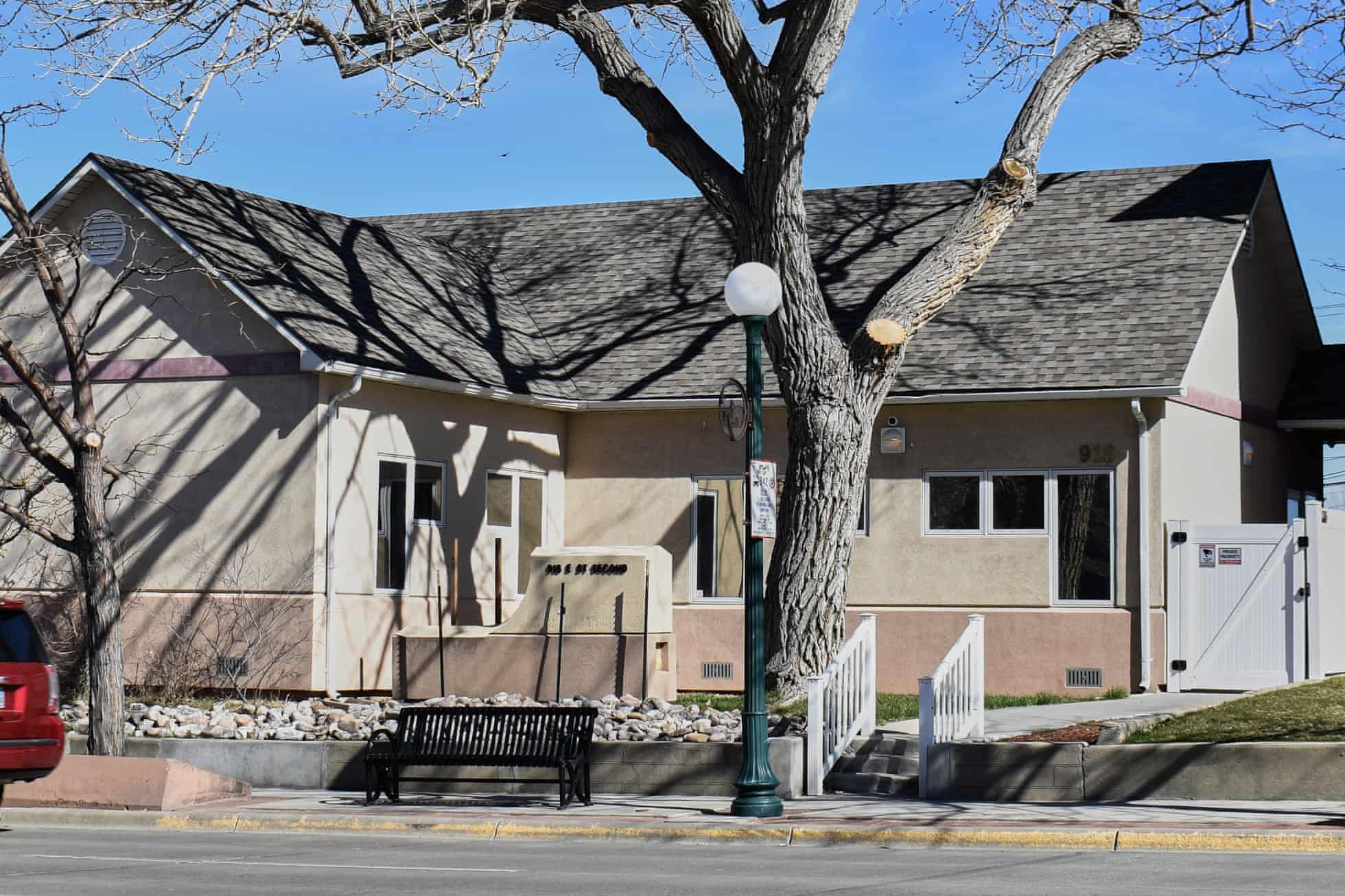Today, credit card companies routinely scan their records for fraud, flagging or blocking suspicious charges as they happen. Yet Medicare’s massive drug program has a process so convoluted and poorly managed that fraud flourishes, giving rise to elaborate schemes that quickly siphon away millions of dollars.
Frustrated investigators for law enforcement, insurers and pharmacy chains say they don’t see evidence that Medicare officials are doing much to stop it.
“It’s kind of a black hole,” said Alanna Lavelle, director of investigations for WellPoint Inc., which provides drug coverage to about 1.4 million people in the program, known as Part D.
Lavelle said her team routinely refers doctors and pharmacies to the contractor Medicare hires to pursue fraud. "Oftentimes we never hear back, positive or negative."
Since it started in 2006, Part D has been lauded for its success in getting needed medications to more than 36 million seniors and disabled enrollees.
But over the past year, ProPublica has detailed how Part D is beset by weak oversight. Medicare doesn’t analyze its prescribing data to root out doctors whose inappropriate drug choices endanger patients. Nor has it flagged those whose unchecked devotion to name-brand drugs, instead of generics, adds billions in needless expense.





 A bill that would have required women seeking medication abortions to get ultrasounds has been vetoed...
A bill that would have required women seeking medication abortions to get ultrasounds has been vetoed... The Centers for Disease Control and Prevention (CDC) is planning a large study into potential connections...
The Centers for Disease Control and Prevention (CDC) is planning a large study into potential connections... Australia's most prolific blood and plasma donor, James Harrison, has died at age 88. Known as...
Australia's most prolific blood and plasma donor, James Harrison, has died at age 88. Known as...






























